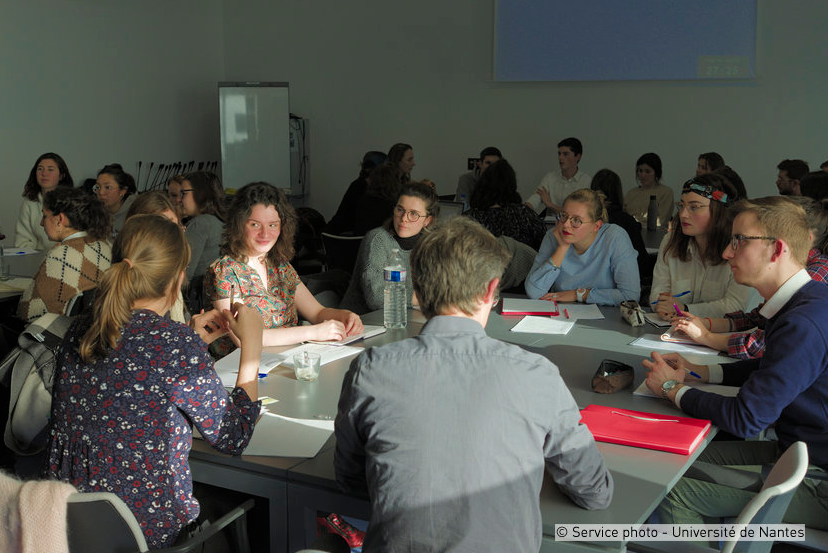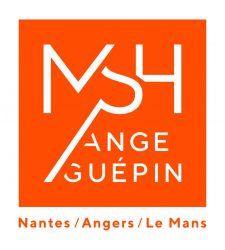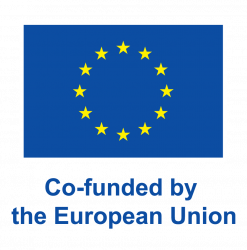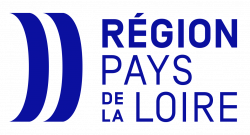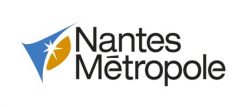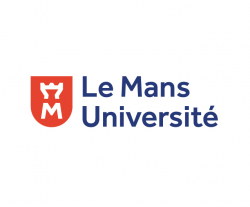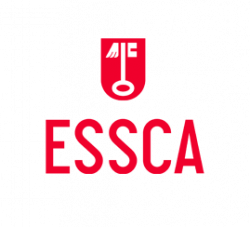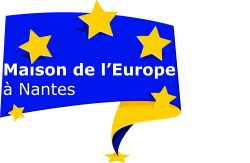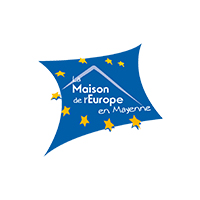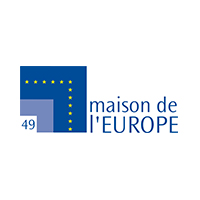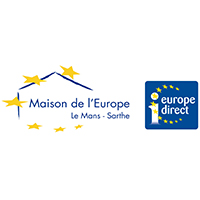Faisant suite à la première édition nantaise en janvier 2019 d’une série d’évènements organisés par Alliance Europa, la Fondation Genshagen et la Fondation ZEIT autour des symptômes, causes et conséquences de la polarisation politique et sociale en Europe, un nouvel évènement est prévu le 3 décembre à Cracovie. Il poursuivra l’étude de 3 pays : la France, l’Allemagne et la Pologne. Clémence Ledoux, politiste, maîtresse de conférences à l’Université de Nantes, y contribuera. Deux étudiantes en L3 licence parcours Europe à l’Université de Nantes et actuellement en mobilité Erasmus y participeront également.
Most EU Member States have seen increasing political polarisation in recent years. Fundamentally different concepts (global vs. national, liberal vs. illiberal, culturally diverse vs. culturally homogeneous) are confronted with one another. These rising political divisions in the political landscapes of Europe make it increasingly more difficult to find common ground for constructive compromises.
Political polarisation in Europe is closely linked to increasing social and cultural polarisation in EU states. The widening gap between rich and poor and, above all, the identity conflicts triggered by the so-called « refugee crisis » have led to increasing dissatisfaction among certain social groups with the current political situation and weakened social cohesion in many European societies.
Program, 3 December 2019 in Kraków (Poland)
Workshop « Political and social polarisation in Europe: How to strengthen cohesion in European societies ». The following participants are confirmed:
– Clémence Ledoux, University of Nantes
– Dorota Szelewa, University College Dublin
– Katharina Zimmermann, University of Hamburg
Panel debate « Facing rising divisions of European societies – How can we overcome polarisation in Europe? »
In cooperation with German foundations ZEIT Stiftung and Stiftung Genshagen, Jagiellonian University Kraków brings together active and former politicians form France, Germany, and Poland to discuss the themes/dividing lines that define polarisations in the three countries and ways how these polarisations should be addressed. They will also explore which role the European Union plays in respective polarisation and take a closer look at the European dimension in national, often strongly emotionalised conflicts.
The following participants are confirmed:
Jean-Marc Ayrault, Former Prime Minister and Foreign Minister of France
Hans-Gert Pöttering, Former President of the European Parliament
Bartłomiej Wróblewski, Member of the Polish Parliament (Sejm) and Chair of the German-Polish Parliamentarian Group, Law and Justice Party (PiS)
Chair: Karolina Zbytniewska, Editor-in-Chief of EURACTIV Poland

